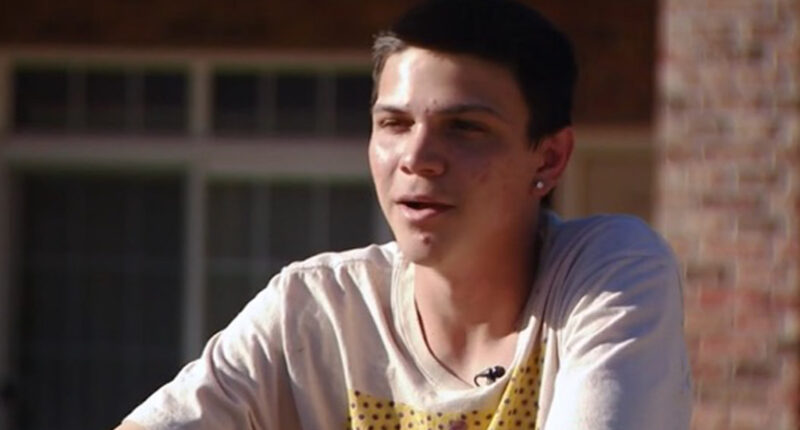A HOMEOWNER has been left raging over a surprise $8,000 bill from his HOA that stems from a year-old issue in his neighborhood.
A handful of neighbors are facing the steep fee while others in the community have been spared from the shocking bill.



First Creek Farm Condominiums residents in Green Valley Ranch, Aurora, Colorado, a suburb of Denver, found themselves facing special assessment fees following a severe hail storm a year prior.
Jacob Lively, who owns a unit in the complex, admits it was a bad storm but he was shocked to get a bill for $8,341.
“I don’t see how they can charge that much. It’s outrageous,” Lively told local NBC affiliate KUSA.
“Not everybody just has that amount of money just to throw away.”
He said he’d planned to sell his unit but the unexpected charge threw a wrench in his plans.
The management company, Accord Property Management, responsible for the condominium complex, stated that these fees were essential to help address approximately $4 million in damages resulting from the storm that occurred on May 30, 2024.
The intense weather conditions caused over $1 billion in damages across Aurora and neighboring municipalities, ranking it as the state’s second most expensive storm in history, as reported by the National Oceanic and Atmospheric Administration.
As part of their HOA agreement, homeowners are required to contribute toward the insurance deductible to repair homes in the community.
According to the company, their contributions will collectively amount to 5% of the building’s total value.
Accord divided the assessments into eight categories, with 72 residents including Lively being hit with the same $8,341 charge.
It’s unclear what other residents in the neighborhood have to pay, but everyone is required to foot some of the bill.
While some of the hundreds of homes in the community were damaged, Lively insisted his unit had none.
“My unit didn’t need any roof repairs, nothing,” he said.
He’s not alone in his frustration as many in the community are outraged over the bills.
“They’re just trying to get money out of people, is what it seems like to me,” Lively said.
“There’s no charge for $8,000 that should randomly pop up for anybody.”
The HOA argues the costs were unavoidable due to the storm’s destruction.
Accord Property Management didn’t immediately respond to a request for comment by The U.S. Sun.
It remains unclear whether homeowners will have options to dispute or defer the fees.
For now, residents are left scrambling to find thousands of dollars they never expected to owe.
What is an HOA?

One in five Americans live in an area with a Homeowners’ Association – or HOA. But what exactly is it that they do?
- An HOA is a homeowner’s association – an organization that aims to maintain a clean and cohesive place to live for its residents.
- Entire neighborhoods, subdivisions, condominiums, family homes, or townhouses within “a planned development” will often make up an HOA.
- They also act as a governing body for tenants, who run and fund the HOA through monthly fees.
- Their principal aims are to keep the community functioning and visually appealing and to maintain property values.
- They primarily focus on common areas of a neighborhood, such as roads, parks, and pools – but may also stipulate what residents can do with their properties, such as yards and driveways.
- Often these restrictions enforce uniformity on properties, for example, ensuring most houses look the same and all driveways are clear of weeds.
- An HOA rulebook of covenants, conditions, and restrictions (CC&R) is distributed to all residents, and an elected volunteer board of directors enforces these regulations.
- Breaking these rules can result in penalties such as fines and even litigation – as most HOAs are incorporated and subject to state law.
- HOAs are often the subject of controversy, with some members feeling that the rules are too punitive and restricting, or that the leadership has too much power.
- But others like that HOAs give communities the power of self-governance, and can ensure a degree of harmony between residents.

















